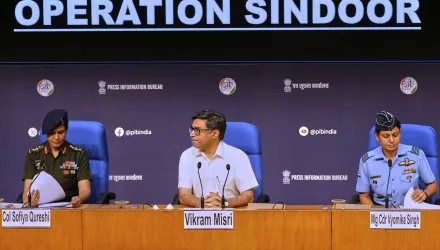Overview
Does humanitarian military intervention save lives as intended? Or does it perversely embolden rebels and ignite the spiral of violence that it seeks to prevent?
Such questions lie at the heart of a new and lively controversy in international politics. Gambling on Humanitarian Intervention explores whether the emerging norm of intervention backfires in conflicts such as Kosovo, exacerbating the ethnic cleansing and killing of innocent civilians. Leading academics investigate this problem, including when and where it is most likely to occur, and how to avert the unintended consequences without abandoning intervention. Sceptics weigh in as well, pointing out potential errors in blaming intervention for civil violence, and offering alternative explanations. Several authors conclude with prescriptions to ensure that future interventions mitigate violence, as intended, rather than tragically worsening it.
This book was previously published as a special issue of Ethnopolitics.
Crawford, Timothy and Alan Kuperman. “Gambling on Humanitarian Intervention: Moral Hazard, Rebellion and Civil War.” Routledge, 2006






